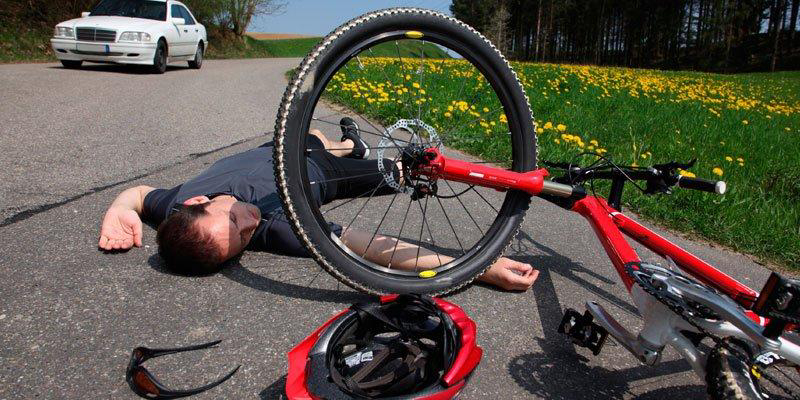What Are Lane Sharing Accidents?
 Lane sharing accidents are a common source of injury and wrongful death for motorcyclists. Lane sharing, also called “lane splitting,” “filtering forward,” or “stripe-riding,” depending on the specific circumstances, is surrounded by confusion in many people’s minds. Generally, it refers to any activity in which more than one vehicle uses the same lane adjacent to one another (as opposed to behind or in front of one another). Because motorcycles are much narrower than other vehicles, it is easy and often relatively danger-free for them to engage in lane sharing, especially between two motorcycles. But is it legal? Here is how New Mexico state law addresses this activity:
Lane sharing accidents are a common source of injury and wrongful death for motorcyclists. Lane sharing, also called “lane splitting,” “filtering forward,” or “stripe-riding,” depending on the specific circumstances, is surrounded by confusion in many people’s minds. Generally, it refers to any activity in which more than one vehicle uses the same lane adjacent to one another (as opposed to behind or in front of one another). Because motorcycles are much narrower than other vehicles, it is easy and often relatively danger-free for them to engage in lane sharing, especially between two motorcycles. But is it legal? Here is how New Mexico state law addresses this activity:
-
Nearly all states prohibit lane sharing, with the exception of California and New Mexico.
-
There is no individual law in NM that addresses lane sharing.
-
However, lane sharing often violates one or more traffic laws—turn signal requirements for changing lanes, for instance.
In short, it is not technically illegal for motorcyclists to share lanes. It is incumbent on motorcyclists, though, to ensure that they are following all traffic laws while riding and not endangering themselves or others on the road.
Fault in Lane Sharing Accidents
Establishing fault in lane sharing accidents is not much different from handling other traffic accidents. The confusion over lane sharing in the minds of many people, including insurance agents, accident victims, and even some lawyers, can muddy the waters and may even cause victims to pass up the opportunity to fight for a fair settlement from the responsible party. Before giving up on your case, remember the following:
-
Even if you were sharing a lane, you may not have been contributing to an unsafe situation.
-
By sharing a lane, you did not automatically violate the law and disqualify yourself from compensation.
-
If a reckless driver injured you, lane sharing behavior does not excuse him from making things right.
-
Only a qualified personal injury attorney can make an accurate evaluation of your rights in an accident.
In a free consultation, you can talk with one of the expert lawyers of Killian Davis Richter & Mayle and get a personal evaluation.
Dealing with Lane Sharing Accidents
Because of the significant legal confusion surrounding lane sharing accidents, it is best to avoid court-appointed or discount lawyers for representation. We have many years of experience representing traffic accident victims, and we know how to recreate even a complex accident like yours to determine who was responsible for it. Your attorney will:
-
Act quickly to preserve perishable evidence and the testimony of witnesses with short memories
-
File all court paperwork accurately to avoid costly delays
-
Confront insurance companies and negotiate a fair settlement total for you
-
Take your case to court and make sure your legal rights are preserved
 Bicycle accidents can have multiple causes: difficult terrain is among the most common, but also equipment failure, and motor vehicle interference or collision. Injuries from these accidents range from minor cuts and scrapes to traumatic brain injuries, paralysis, and even death. No matter the cause or severity of your accident, if you have been injured and need medical attention you may also be able to receive a settlement from a personal injury or product liability lawsuit.
Bicycle accidents can have multiple causes: difficult terrain is among the most common, but also equipment failure, and motor vehicle interference or collision. Injuries from these accidents range from minor cuts and scrapes to traumatic brain injuries, paralysis, and even death. No matter the cause or severity of your accident, if you have been injured and need medical attention you may also be able to receive a settlement from a personal injury or product liability lawsuit. There is no federal law about helmet use while riding motorcycles; rather, each state establishes its own requirements. New Mexico’s law is relatively simple:
There is no federal law about helmet use while riding motorcycles; rather, each state establishes its own requirements. New Mexico’s law is relatively simple: